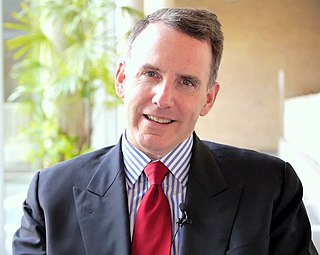A Quote by Paul Romer
So human capital makes ideas, and ideas help make human capital. But still, they're conceptually distinct.
Related Quotes
The financial doctrines so zealously followed by American companies might help optimize capital when it is scarce. But capital is abundant. If we are to see our economy really grow, we need to encourage migratory capital to become productive capital - capital invested for the long-term in empowering innovations.
I think the money for the solutions for global poverty is on Wall Street. Wall Street allocates capital. And we need to get capital to the ideas that are successful, whether it's microfinance, whether it's through financial literacy programs, Wall Street can be the engine that makes capital get to the people who need it.
I think there's an awful lot of twaddle and bullshit on EVA. The whole game is to turn retained earnings into more earnings. EVA has ideas about cost of capital that make no sense. Of course, if a company generates high returns on capital and can maintain this over time, it will do well. But the mental system as a whole does not work.
You know what works in venture capital? A group of incredibly smart, connected people who have the financial wherewithal and risk appetite to make multi-million dollar bets on unproven ideas and inexperienced founders. People who can make decisions quickly, and who spend their time trying to help entrepreneurs make the most of that cash.
One of the great ironies is that the impact of the flattening world has not been to empower decentralized rural land, but to strengthen the cities in China and India and elsewhere that are gateways between those countries and the West. It's deeply wise for the Chinese to be pro-urban in terms of development. They're creating space for ideas and human capital to be developed.



































